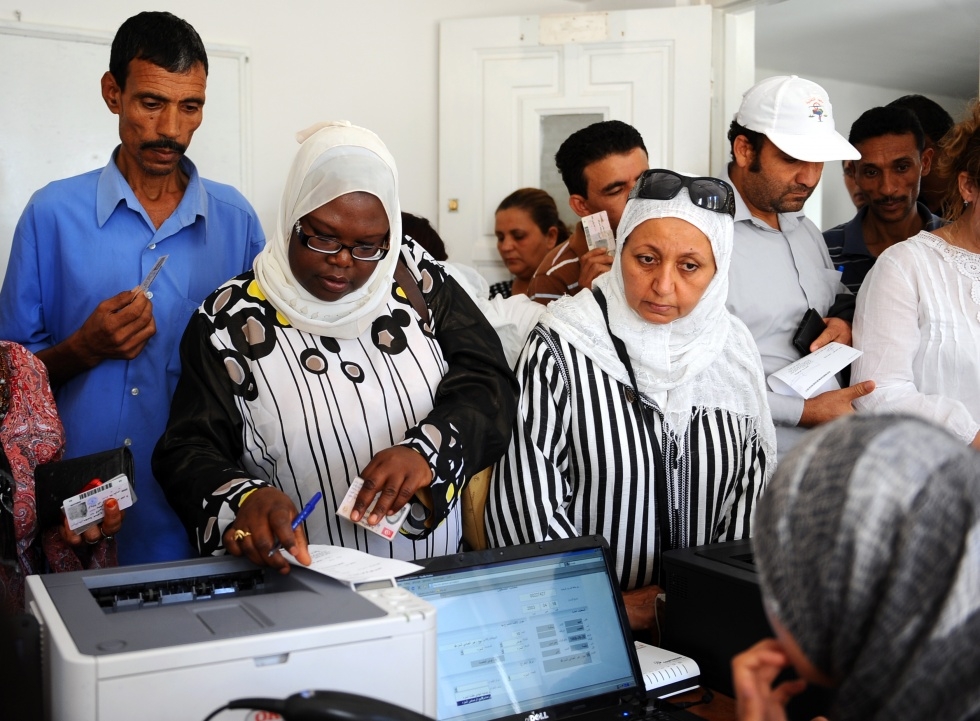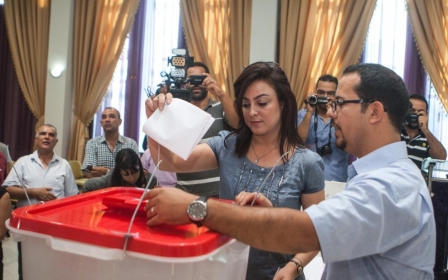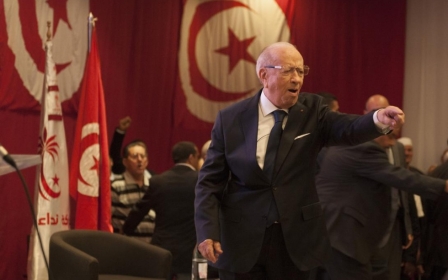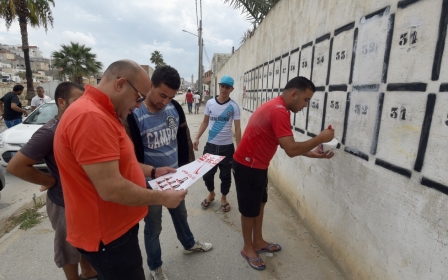Tunisia's forecasted election frontrunners

As Tunisians take part in their second democratic parliamentary elections on 26 October, predictions continue on which political force will reap more votes, with most forecasts agreeing that no party will win an outright majority.
According to most predictions, the two main political parties that are competing for the largest portion of votes are Ennahda (the Renaissance) and Nidaa Tounes (Call for Tunisia), with third place and runners up likely to be far behind in the number of seats in parliament.
Following the revolution that overthrew dictator Zine al-Abidine Ben Ali in January 2011, the country held its first free vote to elect the National Constituent Assembly (NCA) in October that year, tasking it with writing the constitution.
Ennahada secured a lion's share of 41% of NCA seats, but to form a government it needed to forge a coalition with two other parties; the Congress for the Republic (CPR) and the Democratic Forum for Labour and Liberties (Ettakatol).
The governing troika of Ennahada, CPR and Ettakatol resigned early 2014 in favour of a consensus caretaker government of technocrats, following political turbulences that witnessed many rival demonstrations and the assassination of two opposition figures.
According to analysts, the CPR and Ettakatol are no longer as significant as they were in 2011 as other political forces have been making their presence more visible, namely Nidaa Tounes.
Nidaa is seen as drawing support from people with different political views but united on opposing Ennahada, whom they view as responsible for the country's woes.
Its critics view the party as the re-grouping of Ben Ali's old guards, who they say are still influential in the 'deep state', including the security apparatus, the civil service, the judiciary and the media as well as many NGOs.
Supporters of Ennahada argue that the party has shown great responsibility during the very difficult challenges of post-revolution transition: it has shared power in 2011, willingly gave up power in 2014, passed a consensus constitution and avoided descending into civil war or returning back to dictatorship.
Ennahada's critics vary from those who accuse it of seeking to "Islamise" society and others who say it's not Islamic at all. And from those who accuse it of being too soft on extremism to those who say that the security forces are still acting with impunity when dealing with terror suspects.
Although Nidaa supporters and Ennahada voters are at opposing ends, leaders in both parties appear to be more willing to cooperate with each other.
New MEE newsletter: Jerusalem Dispatch
Sign up to get the latest insights and analysis on Israel-Palestine, alongside Turkey Unpacked and other MEE newsletters
Middle East Eye delivers independent and unrivalled coverage and analysis of the Middle East, North Africa and beyond. To learn more about republishing this content and the associated fees, please fill out this form. More about MEE can be found here.




